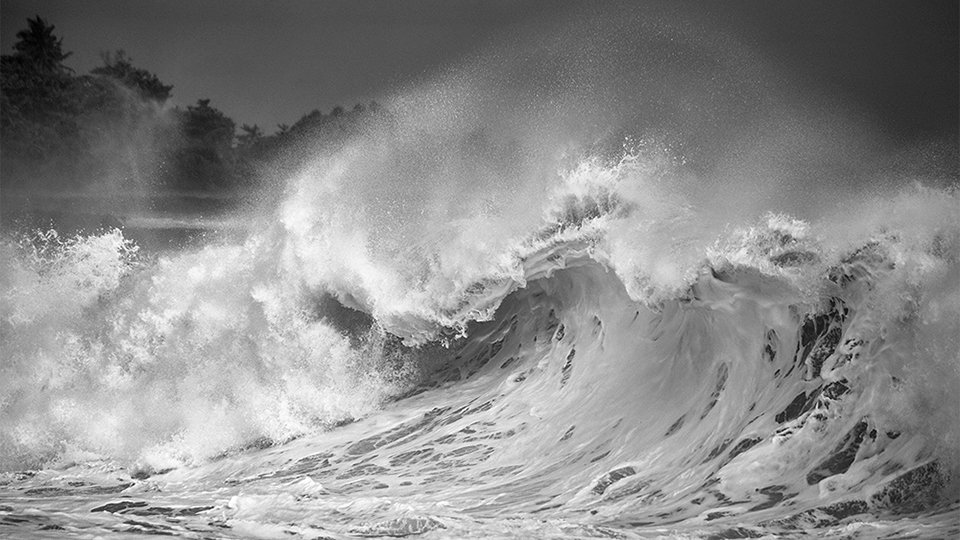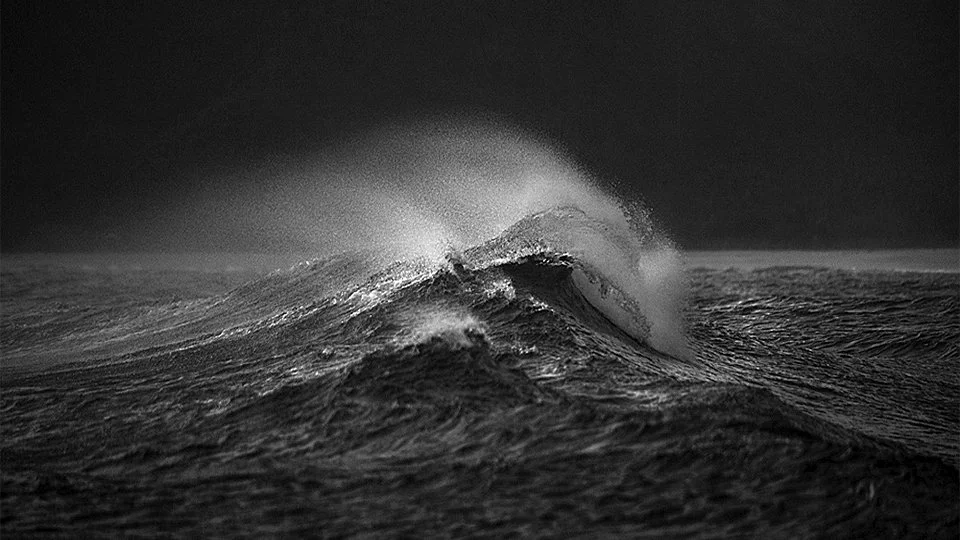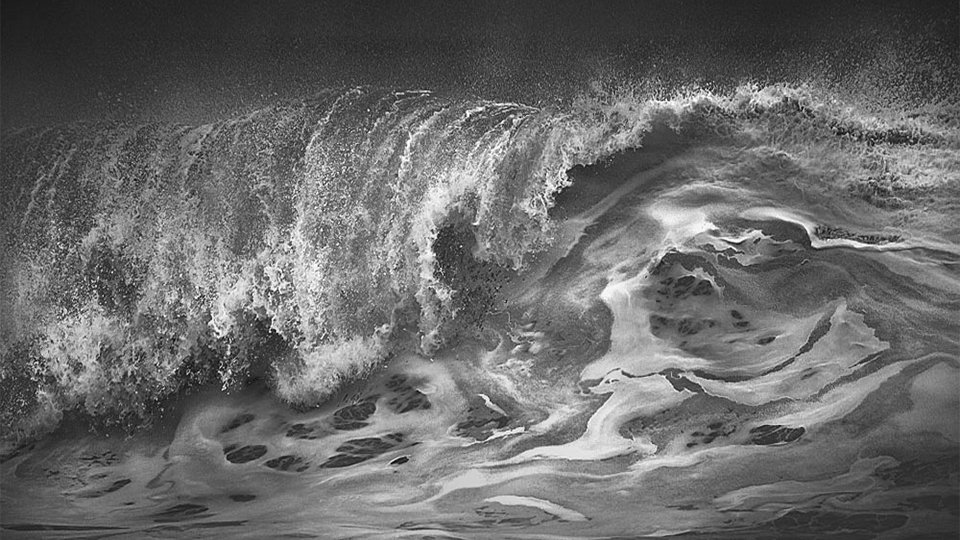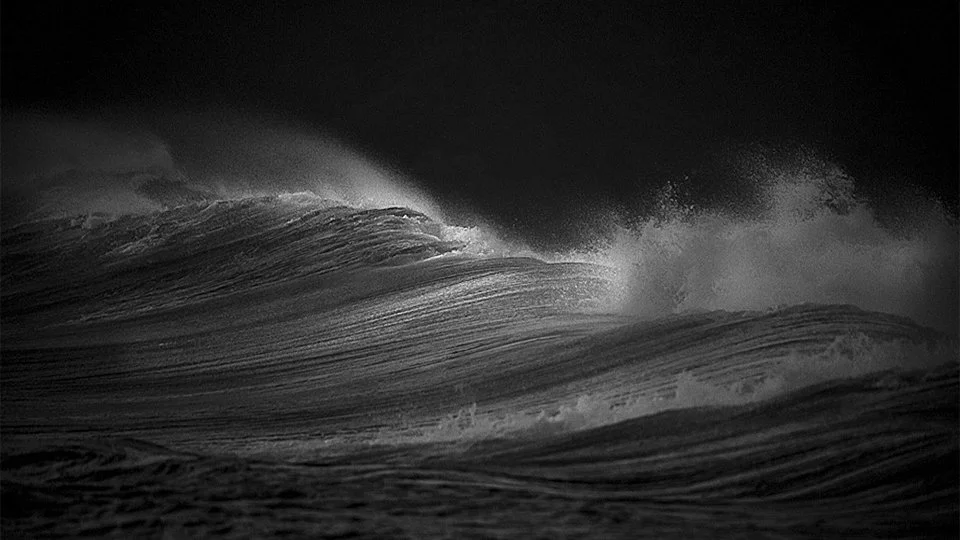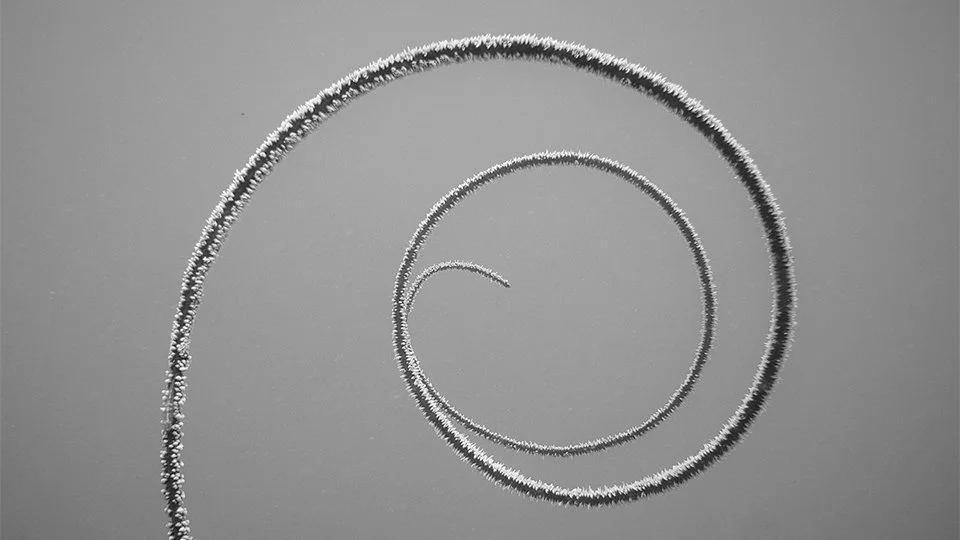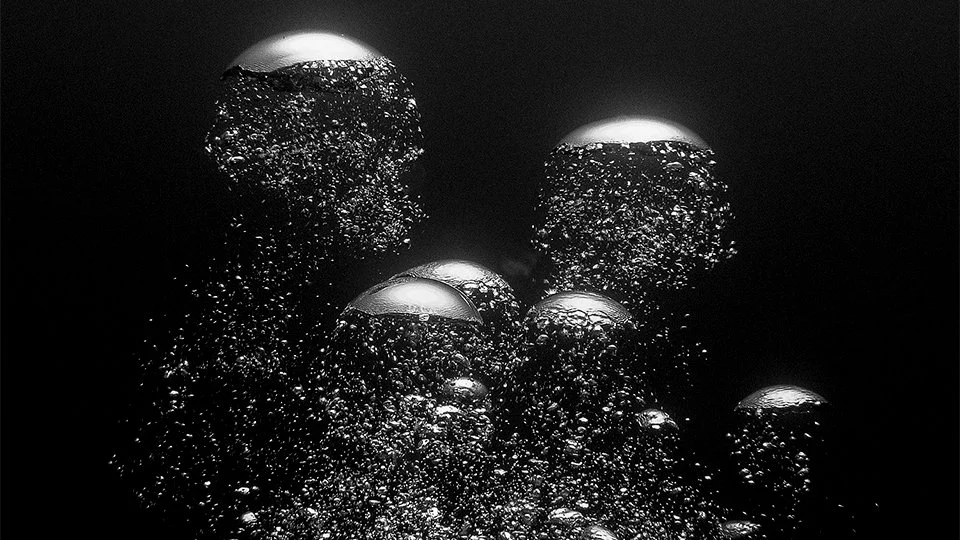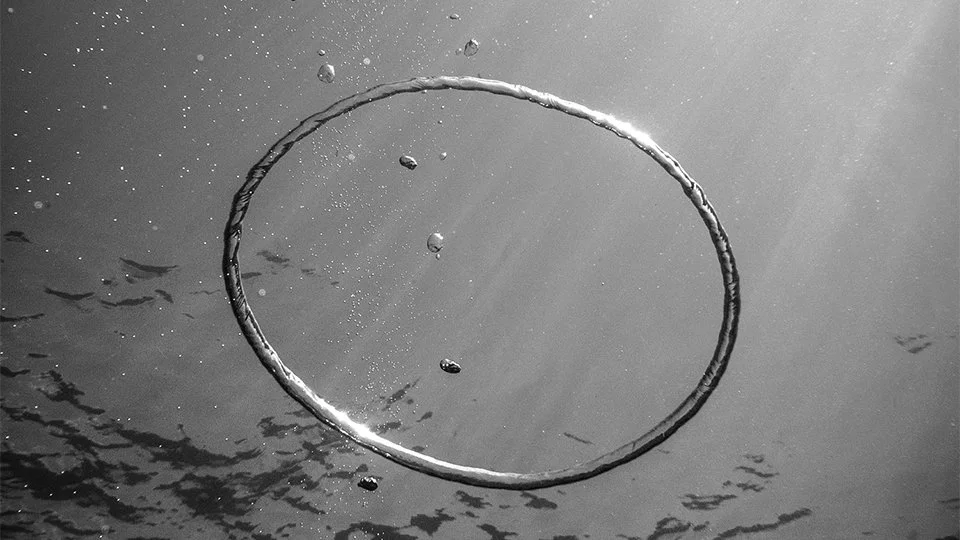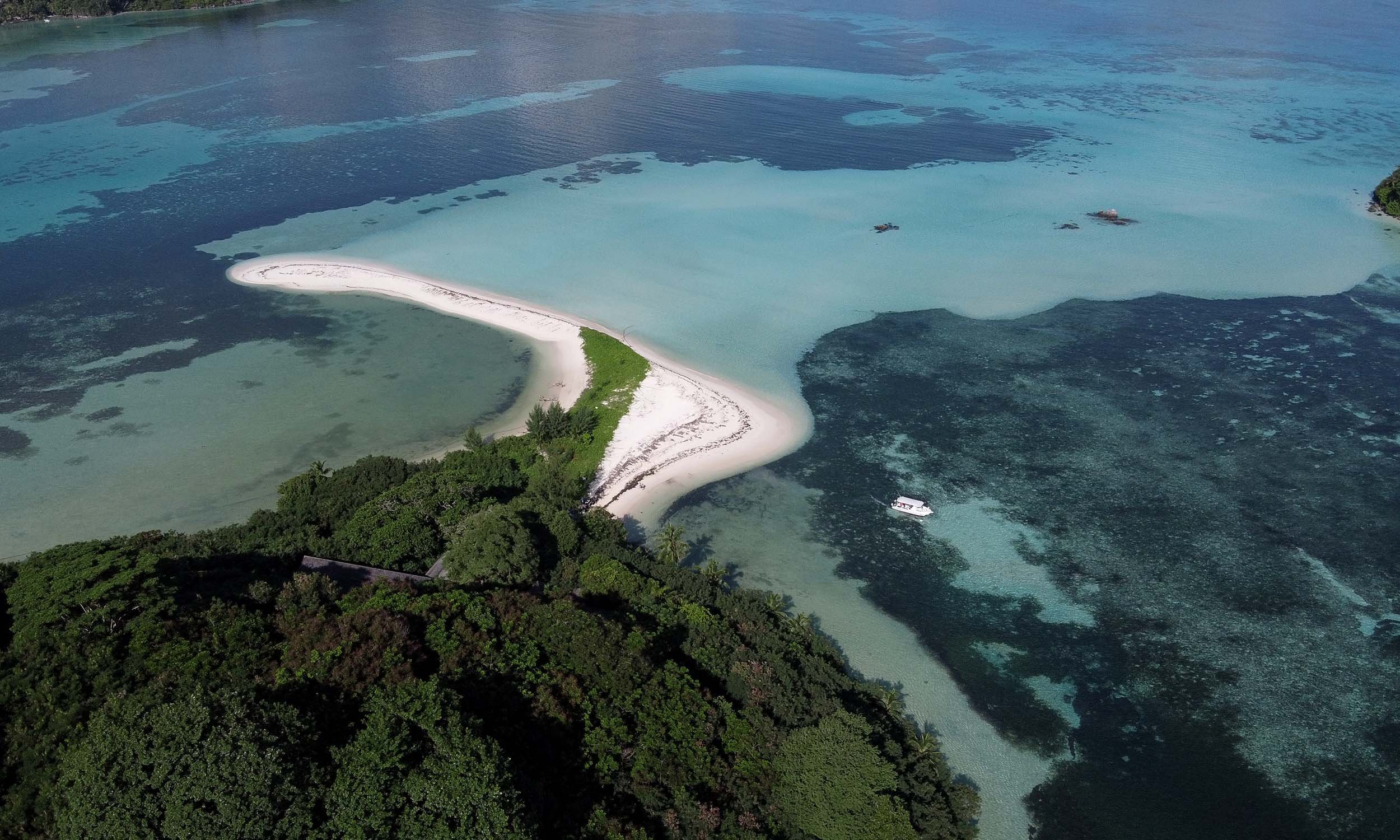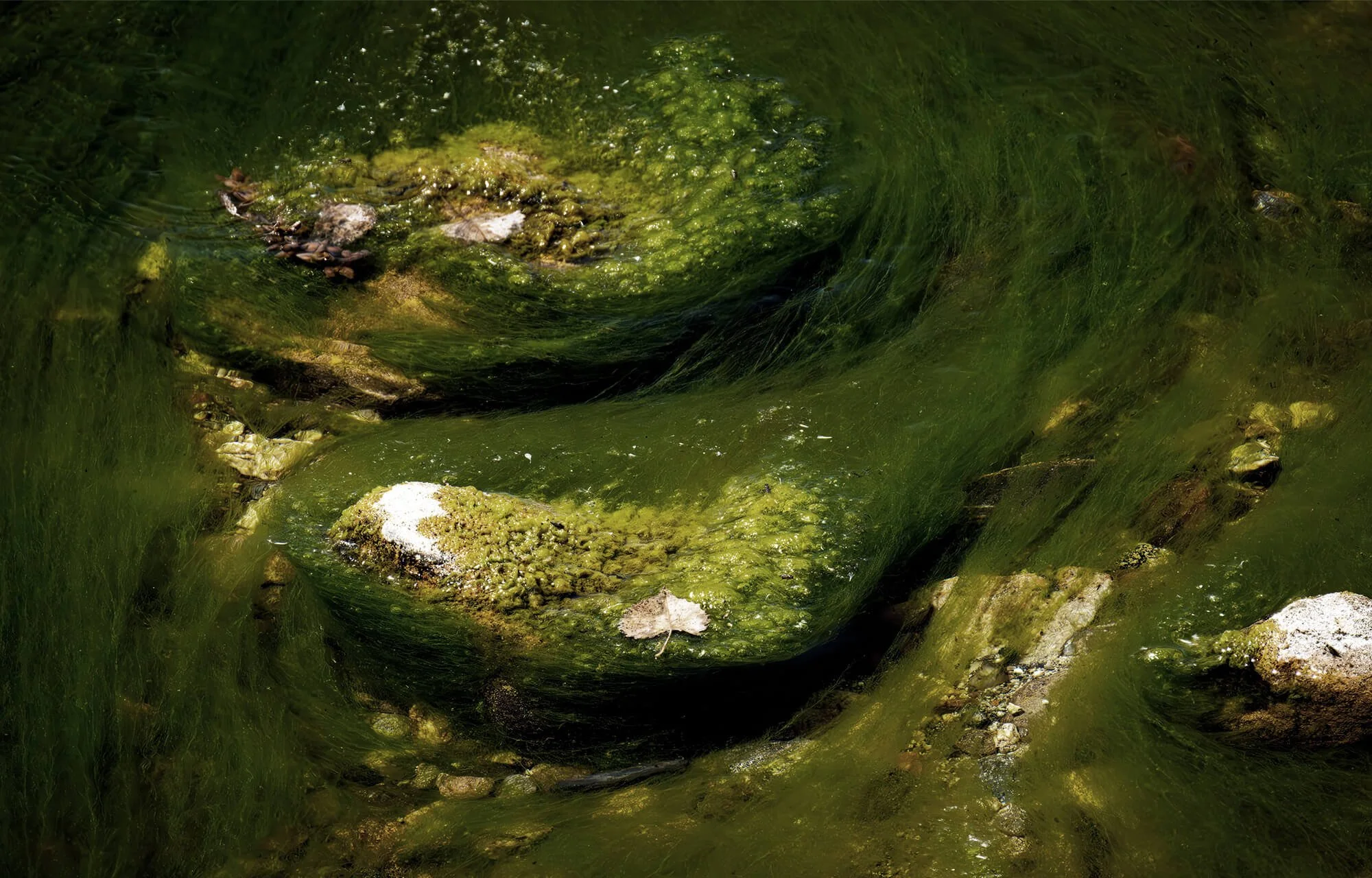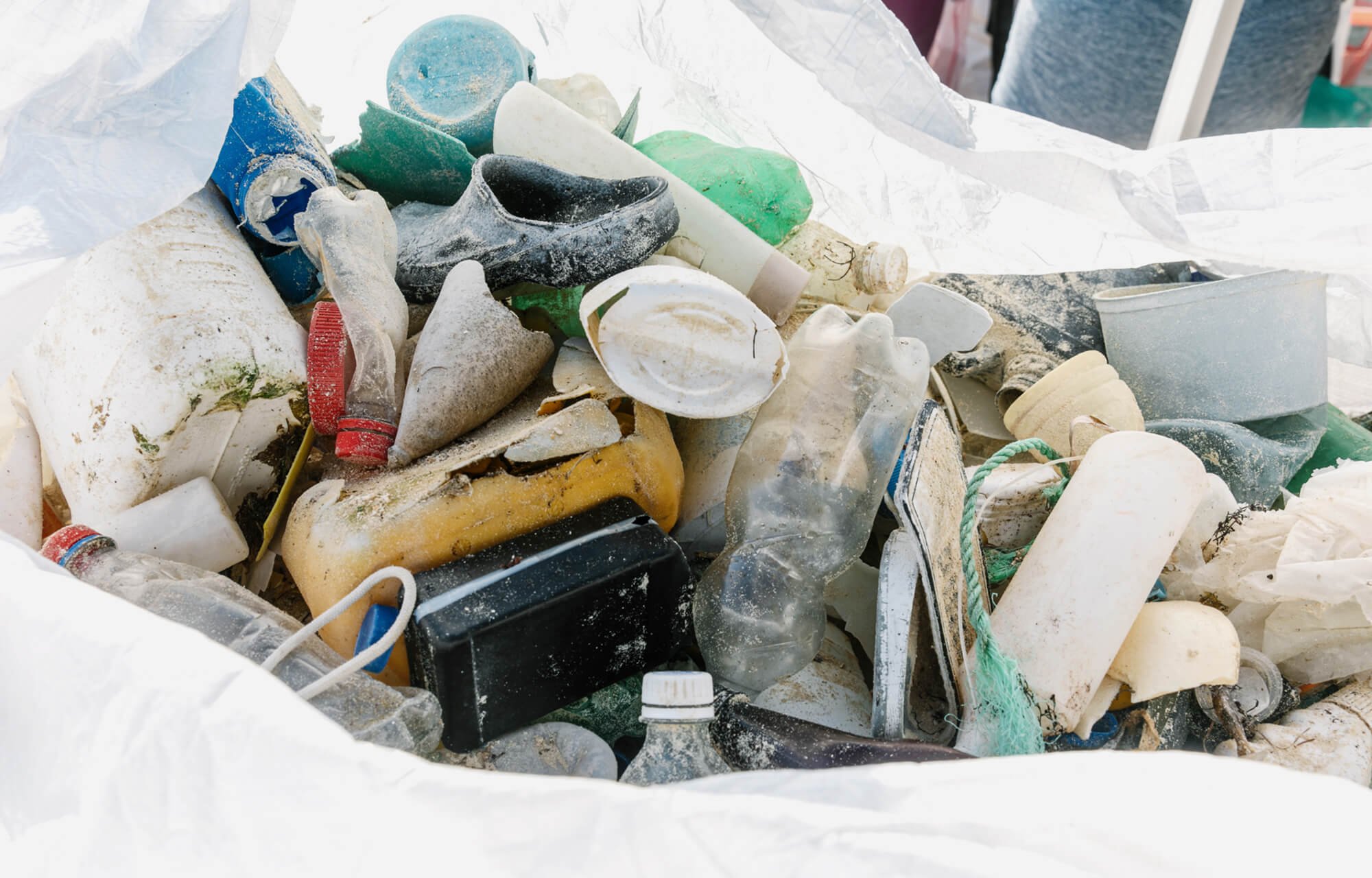Solace in the Shadows: Hengki Koentjoro
“Nothing holds the promise of a mystery as dearly as the darkness.” Hengki Koentjoro
Hengki Koentjoro is an explorer and messenger of the spectral domain. In a monochromatic medium of shadows and light, he challenges the passage of time, celebrates the complexity of simplicity, and preserves a childlike curiosity we’d all do well to remember. Below, he shares words and photos from his Indonesian home and beyond.
“The breaking of a wave tells abundant tales of the ocean’s mysteries, of nature’s diverse dispositions. The roar exhibits a more expressive side of the sea, a time when she puts her more serene self at rest. It’s a reminder of a universal perpetual motion of which we are all a part, an ever-evolving cycle of creation and demolition.”
“The vast archipelagic area of Indonesia is home to a wide array of oceanic biota. Amongst the nearly 17,000 islands stretching from west to east, the variety of marine life is second to none in the world. Submerging into the undersea silence is an adventure... an opportunity nothing short of a glorious honor.”
“There is no rule in the world of children. Childhood is a brief fleeting moment fueled by innocent curiosity, cheerful exploration, an impromptu sets of events. Nothing was worthy enough of worry. The smallest of expeditions was as gratifying as the most daring adventure. But maybe childhood is not so brief after all. Maybe it hasn’t even ended. Maybe nobody will ever be too old to be a playful child. Adults are, after all, just taller children.”
“The modern world is a hypnotizing heap of neon lights shining brightly in the eyes of conforming masses. But some fall through the cracks of the noisy bulb into a little personal universe of simple pleasures. Some retreat to a refuge in small moments, others put together a dwelling in the absence of worldly tangles, a humble state of bliss.”
“In the sheer absence of light, the shadow throws its sneaky prank and envelopes the scene with copious fine black powder. But the earth remains nonchalant of this little mischief. If anything, the misconduct only adds a dramatic flair to mother nature’s profile, gives her an aloof charisma, and a space for curiosity, as nothing holds the promise of a mystery as dearly as the darkness.”
When did you become interested in photography?
It all started on my 11th birthday when my parents gave me a Kodak pocket camera. I was hooked right way, totally engrossed by the camera and my surroundings. Nothing that happened around the house would escape my attention, so much so that looking back now, I think I had my first moment of Zen at the age of 11 — a moment of total mindfulness.
How would you describe the role of the photographer in the conservation movement?
Photography has the ability to capture and store a history, the capacity to freeze moments that have already slipped away. I’m currently working on a project to document the effect of global warming in the north coast of central Java Island, where slowly the coastlines are being eroded by the rising ocean level, and slowly we are witnessing the displacement of a community. Java Island, especially on the north side, is literally being eaten alive. Photography can illustrate this calamity in the most effective way. Seeing is believing.
Why a monochromatic aesthetic? What's the significance of shooting in black and white?
It goes directly to the core without the destruction of color. It projects atmospheric moods like mysticism or mystery in a very effective way. It is more pliable, much easier to create nuance or ambiance that symbolizes one’s soul and spirit.
Growing up in Indonesia, what was your relationship to the sea?
Indonesia is dubbed the biggest archipelago nation on Earth, boasting some 17,000 islands spanning 1,000 miles from the city of Sabang in the west to the city of Maraouke in the east. 75% of Indonesia is water; in fact we have so many islands that 75% of them don’t even have a name yet. Our ocean is known as the Indo-Pacific; it is where the warm water from the Indian Ocean meets the cold water of the Pacific, creating a rich plankton soup and temperature fit for the richest marine biodiversity on Earth. Many avid divers and marine biologists boast Indonesia as the final frontier for diving. However, only 10% of healthy corals remain throughout the archipelago, the rest are destroyed beyond repair. It’s a very sad scene.
When did you become aware of the threats to our oceans?
Our ocean is full of human waste — plastics and Styrofoam are everywhere. Being a diver, I’ve witnessed much destruction around the archipelago over the last 10 to 15 years, and it accumulates every single year with no sign of easing. I’m sure there will be more destruction coming from mining all over the archipelago, especially for tin and gold. Fish bombing and cyanide fishing are also very common in our region. These problems exist because the ocean is huge, and we lack law enforcement to patrol these vast waters.
In your 'Free Play' series, you capture a world without rules, saying, "Childhood is a brief fleeting moment fueled by innocent curiosity, cheerful exploration, an impromptu set of events." What is the importance of nature, and especially experiences in it, throughout childhood (and adulthood)?
My “Freeplay” was originated when I was 11 years old, remember? Adults should mimic the way children play. They have no rules, therefore no mistakes can be made. They are carefree. Nature has given us the ability to fly. When you are underwater, you are in a three dimensional space and your feet don’t touch the ground — you are flying. Every time I do a drift dive, I imagine that I’m a superman. It’s so much fun to be swept away by the ocean current.
How do you define the natural world? Are we separate from nature, or do you think we have forgotten our role as an interdependent species within it?
Nature is our home. This is the only sanctuary where we nurtured our life. We have to protect our home, this is the only place where we can exist and nowhere else. We really do not have a choice, so we've got to wise up. Respect Mother Nature and she will respect you in return.
On this planet, Mother Nature, is mostly energy and water in perpetual motion. Your ‘Waves’ series is a testament to that fact. What goes through your mind when you focus your lens on a wave?
Through the waves I learn that the ocean breathes; it is alive!
See more by Hengki on his website. Follow him on Instagram here.
INTERVIEW BY MARY GRYGIEL
#fortheoceans

